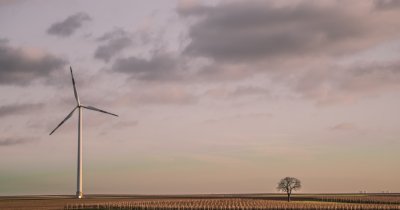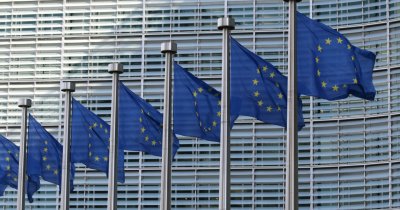ESG Today writes that the reforestation effort, called AZ Forest, should see he planting of 200 million trees across the world by 2030, with the initiative being started in 2020, with the intention to plant and take care of 50 million trees by the end of 2025.
So far, by the end of 2022, 10.5 million trees belonging to 300 species have been planted around the world. Some of the regions that benefited from planting were France, the US, the UK and Australia.
AstraZeneca officials want to restore ecosystems and biodiversity through this initiative. Next in line to benefit from reforestation are Brazil, Ghana and Vietnam, among other nations, with the next efforts estimated to span across 100.000 hectares and benefiting 80.000 people. The newly planted trees are also estimated to remove around 30 million tons of carbon emissions from the atmosphere.
To ensure that the trees are not only planted, but that they will thrive over time, AstraZeneca experts will monitor them using special sensing devices and high-resolution imagery.
The AZ Forest program is part of a larger initiative made by the global pharmaceutical expert, which aims to cut operational and fleet-related emissions by 98% by 2026.
Pascal Soriot, Chief Executive Officer, AstraZeneca, said that "through AZ Forest, we are working with local communities and ecological experts to deliver reforestation at scale, as well as support biodiversity and sustain livelihoods. We are taking a science-based approach, and AZ Forest will remove around 30 million tons of carbon dioxide from the atmosphere over about 30 years."
 Mihai - Cristian Ioniță
Mihai - Cristian Ioniță












Any thoughts?